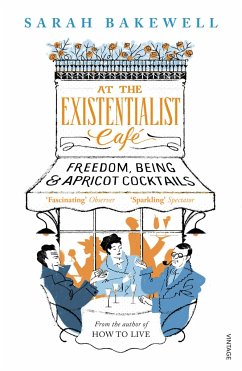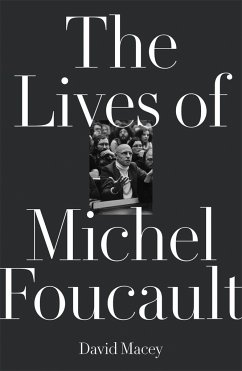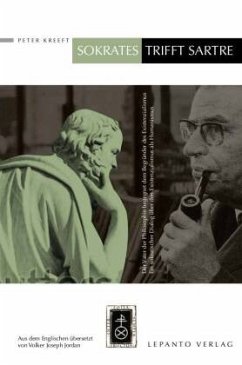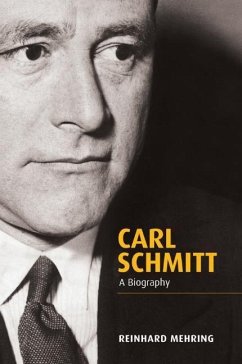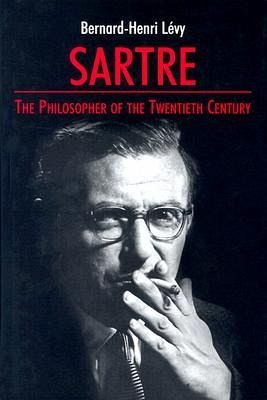
Sartre
The Philosopher of the Twentieth Century
Versandkostenfrei!
Versandfertig in über 4 Wochen
29,99 €
inkl. MwSt.

PAYBACK Punkte
15 °P sammeln!
A whole man, made of all men, worth all of them, and any one of them worth him. This was how Jean-Paul Sartre characterized himself at the end of his autobiographical study, Words. And Bernard-Henri Levy shows how Sartre cannot be understood without taking into account his relations with the intellectual forebears and contemporaries, the lovers and friends, with whom he conducted a lifelong debate. His thinking was essentially a tumultuous dialogue with his whole age and himself. He learned from Gide the art of freedom, and how to experiment with inherited fictional forms. He was a fellow-trav...
A whole man, made of all men, worth all of them, and any one of them worth him. This was how Jean-Paul Sartre characterized himself at the end of his autobiographical study, Words. And Bernard-Henri Levy shows how Sartre cannot be understood without taking into account his relations with the intellectual forebears and contemporaries, the lovers and friends, with whom he conducted a lifelong debate. His thinking was essentially a tumultuous dialogue with his whole age and himself. He learned from Gide the art of freedom, and how to experiment with inherited fictional forms. He was a fellow-traveller of communism, and yet his relations with the Party were deeply ambiguous. He was fascinated by Freud but trenchantly critical of psychoanalysis. Beneath Sartre s complex and ever-mutating political commitments, Levy detects a polarity between anarchic individualism on the one hand, and a longing for absolute community that brought him close to totalitarianism on the other. Levy depictsSartre as a man who could succumb to the twentieth century s catastrophic attraction to violence and the false messianism of its total political solutions, while also being one of the fiercest critics of its illusions and shortcomings.





